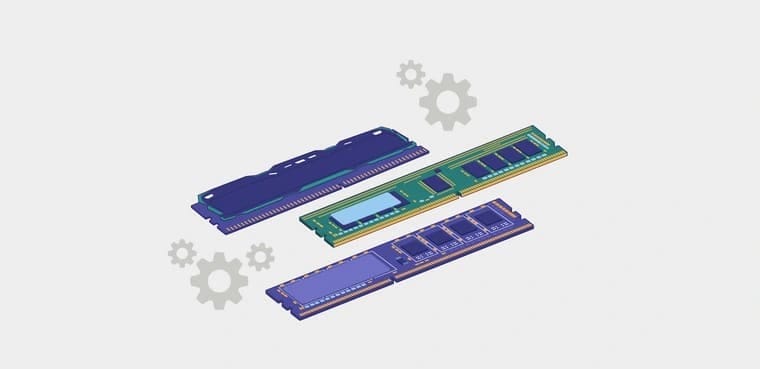Quantum technologies, once a theoretical concept confined to academic circles, are now at the forefront of scientific and technological innovation. As we look ahead to the next decade, quantum technologies are expected to revolutionize industries ranging from computing and cryptography to medicine and artificial intelligence. This article explores the potential advancements and their implications for the future.
One of the most anticipated developments is the advent of quantum computing. Unlike classical computers that use bits to process information, quantum computers use quantum bits or qubits, which can exist in multiple states simultaneously. This property, known as superposition, allows quantum computers to solve complex problems exponentially faster than classical computers. Over the next ten years, we can expect quantum computers to achieve milestones in fields such as drug discovery, climate modeling, and financial optimization.
In addition to quantum computing, quantum communication is poised to transform data security. Quantum communication leverages the principles of quantum mechanics to create unhackable communication channels. This is made possible through quantum key distribution (QKD), which ensures that any attempt to intercept a quantum-encrypted message alters the state of the qubits, thereby alerting the communicating parties. As cyber threats become increasingly sophisticated, quantum communication could become the gold standard for secure data transmission.
Another promising area is quantum sensing. Quantum sensors are expected to offer unprecedented precision in measuring physical quantities such as time, gravity, and magnetic fields. These sensors could enhance navigation systems, enable more accurate medical imaging, and improve geological surveys for resource exploration. The next decade will likely see quantum sensors being integrated into various industries, leading to innovations that were previously unimaginable.
However, the path to widespread adoption of quantum technologies is not without challenges. Building and maintaining stable quantum systems is incredibly complex and expensive. Quantum technologies require environments with extremely low temperatures and minimal external interference to function effectively. Overcoming these technical and financial hurdles will be critical to realizing the full potential of quantum technologies.
As we look to the future, it is clear that quantum technologies hold the promise of unprecedented advancements across multiple domains. Governments, research institutions, and private companies are investing heavily in quantum research and development, signaling a strong belief in the transformative power of these technologies. While the timeline for widespread adoption remains uncertain, the next ten years will undoubtedly bring significant progress in the field of quantum technologies.
In conclusion, the future of quantum technologies is bright, with potential applications that could reshape our world. As research continues and technological barriers are overcome, we can expect quantum technologies to play an increasingly central role in solving some of humanity's most pressing challenges, driving innovation, and opening new frontiers in science and technology.













